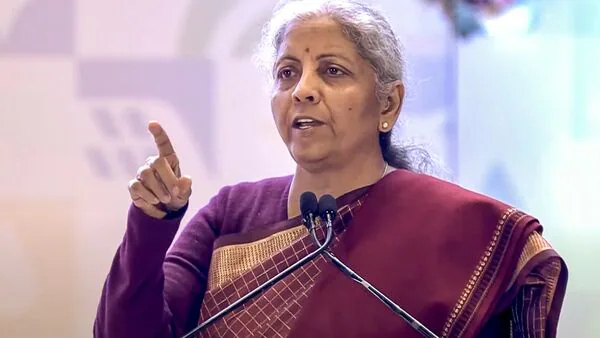Income Tax: Lakhs of high net worth individuals (HNIs) in the country earn crores of rupees every year, but the tax rate paid by most of them is much lower than their income.
Now the Income Tax Department has started taking the help of technology to identify such people. According to the information received, the department is doing a complete ‘360-degree profiling’ of such taxpayers whose spending habits do not match their declared income.
A senior Income Tax officer said that there are about 7 to 8 lakh people (including individuals, HUFs and firms) in the country whose annual income is more than ₹ 1 crore. But out of these, only 3.5 lakh people are showing their income correctly in the tax returns. The data shows that out of 7.97 crore ITRs filed in 2023-24, only 3.50 lakh returns showed income of more than ₹ 1 crore.
Reality through expenses
According to government sources, the expenses of those whose declared income is low are revealing their reality. An examination of high-value transactions, remittances, purchases of luxury goods and GST data clearly shows that many HNIs are hiding their real income.
Now technology will curb tax evasion
The department is now tracking income through systems like Artificial Intelligence (AI), data analytics and TCS/TDS. The department is also keeping a close eye on foreign investments, real estate deals, expensive tour packages, purchase of luxury goods and cash transactions.
Tax on luxury, to create a balance between expenditure and income
\The government has now imposed TCS on items like watches, spectacles, bags, shoes and home theatres worth more than ₹ 10 lakh to estimate the actual income through luxury expenditure. TCS rules also apply to money sent for foreign trips and investment abroad, to control the ‘outflow of money’.
Tax Evasion Through Fake Bills and False Deductions
Experts say some businesses reduce their tax liability through fake expenses and fake business declarations. Cash transactions still remain a major challenge, especially in sectors such as real estate, hospitality and local retail.
PAN linking and reporting of large amounts now mandatory
In the last few years, the government has made PAN mandatory for cash transactions of more than ₹2 lakh, purchases of expensive vehicles and foreign expenses. Apart from this, data is also being collected from banks and other institutions through Specified Financial Transactions (SFT) to maintain transparency in the system.















